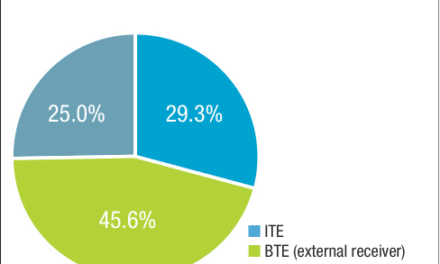The ability to track and understand speech in both quiet and noisy environments deteriorates as we age due in part to speech processing declines in both the midbrain and cortex in older adults. Researchers from the University of Maryland found that age-related problems with understanding speech are not only due to the inability to hear at certain volumes but also occur because the aging brain is not able to correctly interpret the meaning of sound signals.
These findings are outlined in a study paper, “Evidence of degraded representation of speech in noise, in the aging midbrain and cortex,” published in the September 7, 2016 edition of the Journal of Neurophysiology from the American Physiological Society (APS). The article was highlighted as one of October’s “best of the best” as part of the American Physiological Society’s APSselect program.
For the University of Maryland study, 32 native English-speaking volunteers with clinically normal hearing were assigned to two groups: younger adults (average age, 22) and older adults (average age, 65). The research team measured the volunteers’ speech comprehension using the Quick Speech-in-Noise (QuickSIN) test. The researchers also gave the volunteers an electroencephalogram, which measured mid-brain activity, and a magnetocephalogram to measure cortical activity.
For both groups, the researchers calculated the listeners’ ability to comprehend speech in quiet settings and environments with more than one person talking. Background noise was delivered in four distinct signal-to-noise ratios (SNR), which measures signal strength (ie, the primary talker) relative to background noise (ie, the competing reader).
The researchers found that the older group had more trouble tracking speech than the younger group in both quiet and noisy environments across all SNRs. The older adults took more time to process several acoustic cues, such as accuracy of speech, and also scored lower on the QuickSIN test for speech comprehension in noise. Deficits from aging were also seen neurally, both in midbrain and cortex, according to the researchers.
These results suggest that age-related problems with understanding speech are not only due to the inability to hear at certain volumes but also occur because the aging brain is not able to correctly interpret the meaning of sound signals.
Read this September 2016 Hearing Review article about a similar study on how hearing is impacted by aging.
Source: University of Maryland; APS
Image credits: © Monkey Business Images | Dreamstime.com




